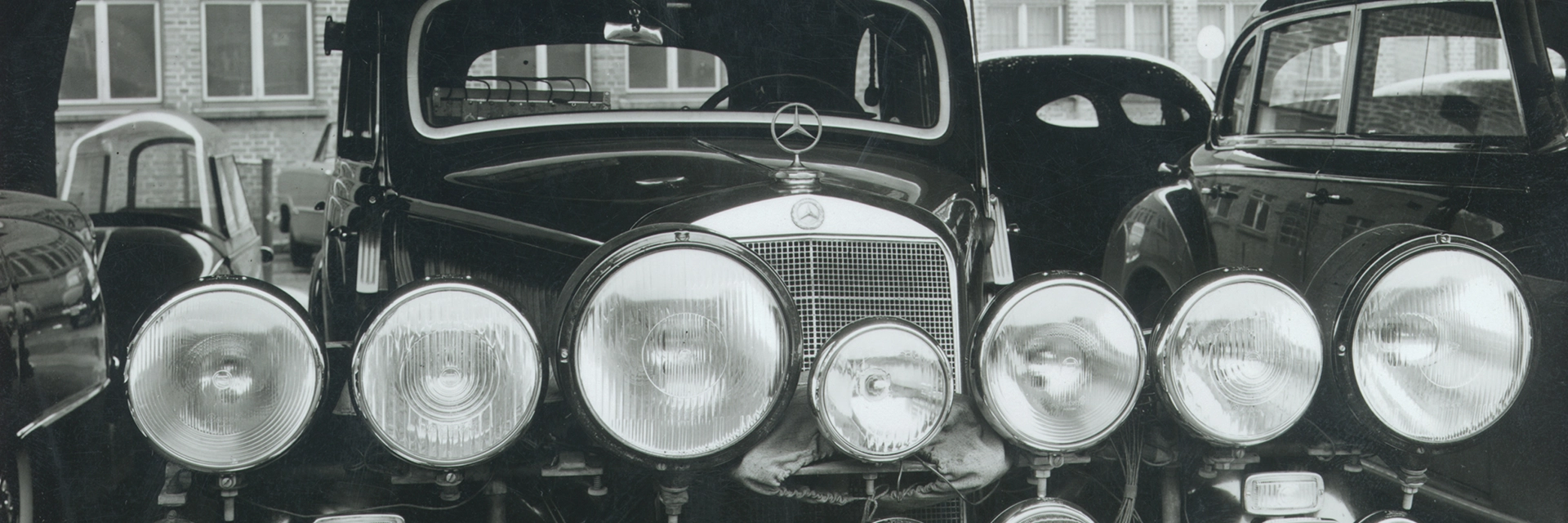Over 100 Years of Excellence
Since its founding in 1886, Bosch has continued to drive progress in the automotive sector. Throughout the years, Bosch has created an environment that cultivates innovation and growth. Every major milestone in Bosch’s history fuels what is next and propels the automotive world.
Timeline of Innovation in the Automotive Sector
1886
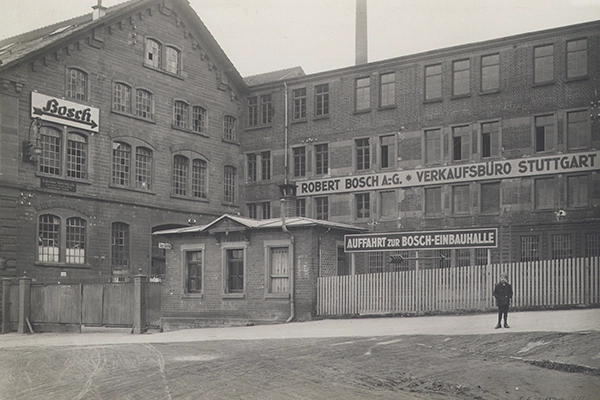
1886 – In Stuttgart, Germany, Robert Bosch founded the
“Workshop for Precision Mechanics and Electrical Engineering.” This
company would eventually come to be known as the Bosch Company, a world
leader with a global reputation.
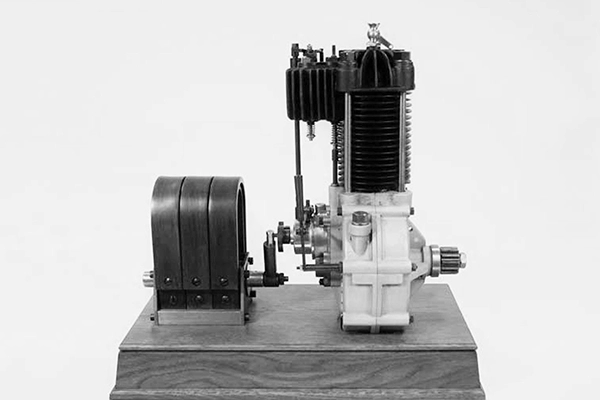
1897 – Bosch manufactured his first magneto ignition device, patented for Bosch in June 1897. The first magneto was mounted on a vehicle engine that autumn.
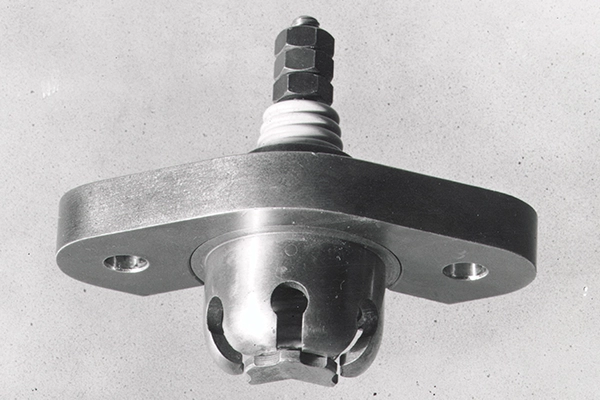
1902 – The Bosch Company was awarded a patent for their spark plug in 1902. Since its invention, the original operating principle of the spark plug has never been changed. It continues to provide vehicles with the same reliability and trustworthiness as ever before.
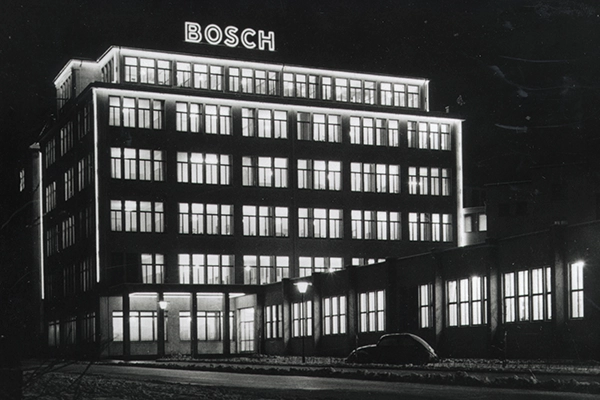
1912 – Bosch decided to cross the pond and began setting up
manufacturing centers in the United States. The Bosch factory in
Massachusetts begins manufacturing the magneto ignition device, Bosch’s
star product.
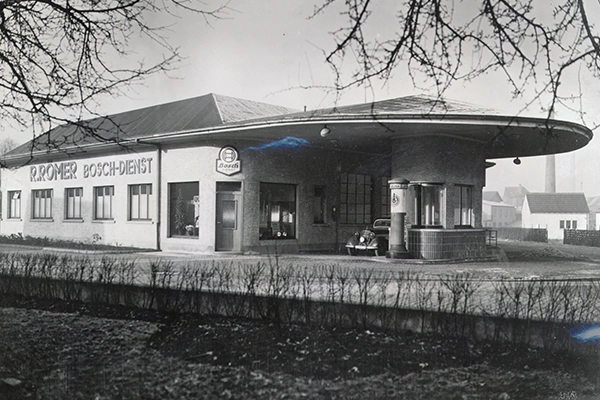
1921 – Up to this point, the garage concept had been exclusive to Germany, but Bosch decided to expand it further. The idea of workshops caught on so fast that, in under a decade, there were already 70 countries supporting 2,750 workshops.
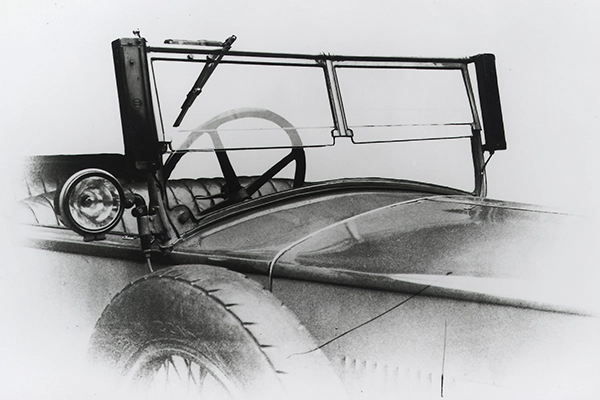
1926 – Unveiled in 1926 by Bosch, the windshield wiper put
an end to the troubles posed by weather and technical shortcomings for
drivers. The system was powered by a small electric motor situated above
the car battery and was not reliant on the engine running.
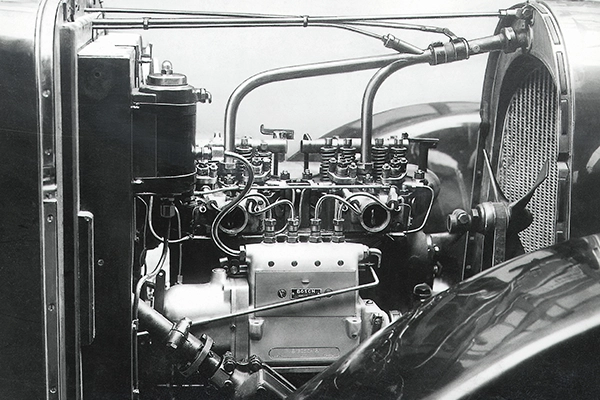
1927 – Bosch revolutionized the industry with the world's first
large-scale production of diesel injection pumps and injectors.
Initially used only in trucks, the first diesel-injection pump for cars
went to market in 1936.
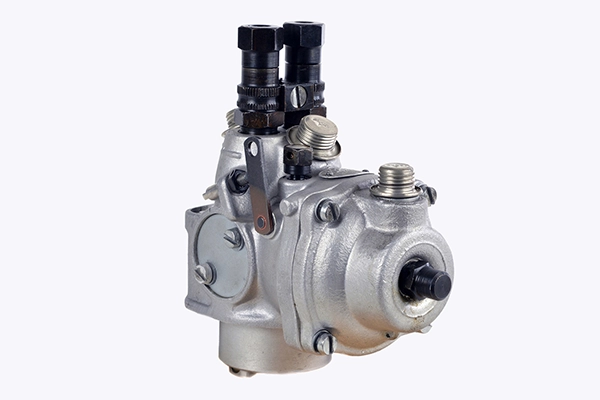
1951 – The Gutbrod Superior 700, a two-seater with a
fold-down sunshade, was advanced with injection technology increasing
power from 26 to 30 HP. The carburetor version of the compact car, which
was exhibited at the Frankfurt Auto Show in 1951, consumed a good eight
liters of gas per 100 kilometers.
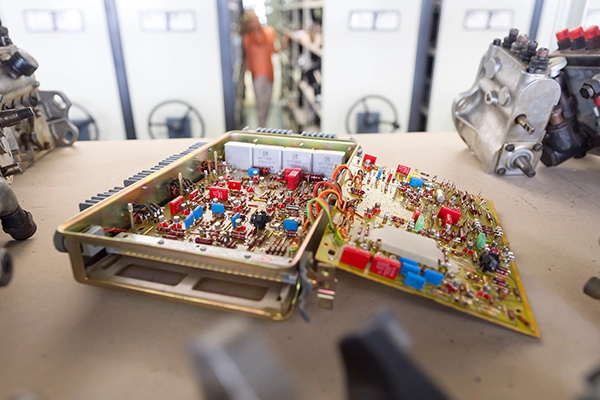
1967 – On September 14, 1967, Bosch unveiled the
electronically controlled “Jetronic” at the International Motor Show
(IAA) in Frankfurt: a manifold injection technology for automotive
petrol engines.
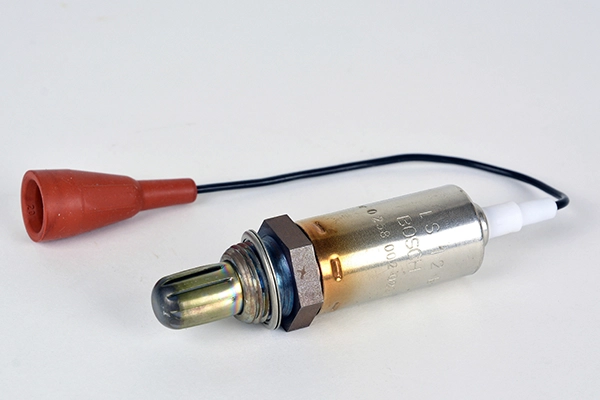
1976 – With a passion for improving neighborhood communities and
protecting the environment, Bosch invented the Bosch oxygen sensor or
LAMBDA sensor. This allowed cars to smoothly hit emissions standards for
the first time.

1978 – ABS braking became a standard safety feature on all cars.
Although Bosch had initially registered a patent for ABS braking back in
1936, it wasn’t until the electronic technology of 1975 became
available that ABS braking could become a reality on most vehicles.
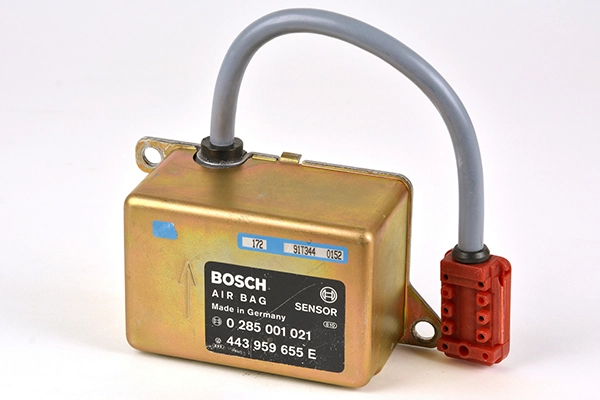
1980 – Bosch was the first European company to manufacture
electronic triggering units for passive safety systems. This set the
standard in road safety.
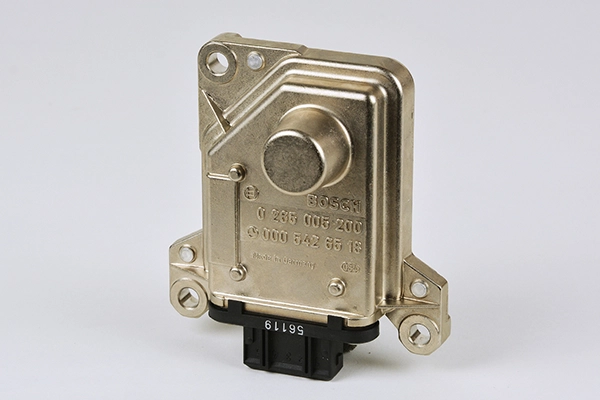
1995 – In an effort to help support drivers during critical
driving situations, Bosch began using the electronic stability program
(ESP) in vehicles. It has since been credited for saving 15,000 lives
and has earned the nickname “Electronic Guardian Angel.”
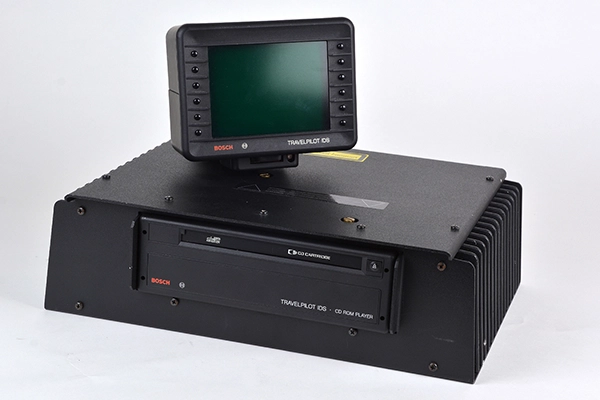
1997 – To further help drivers experience a safe and comfortable
ride, Bosch unveiled its TravelPilot navigation system. This innovative
technology has led to many modern developments, including Adaptive
Cruise Control and Night Vision, for improved safety.
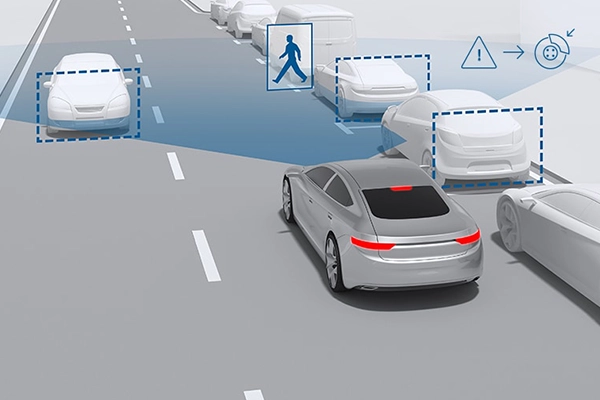
2000 – Up to this point, Bosch has continued to innovate new
technologies that improve the driving experience and safety of all
vehicles. It’s no surprise that in the early 2000s they became a pioneer
in the automotive driving space with the launch of a vehicle capable of
automatically braking and accelerating in traffic.
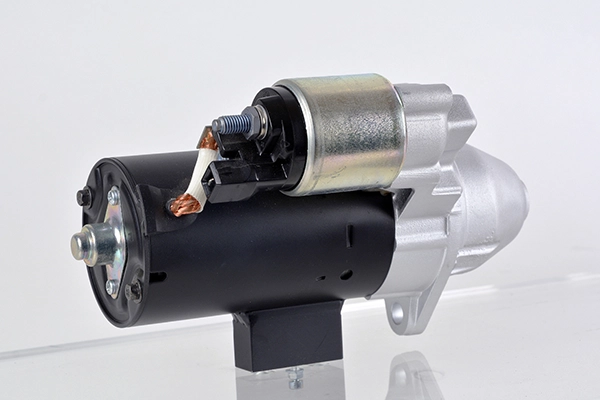
2007 – Bosch introduces a new start/stop system technology
that stops the engine when the vehicle is in motion so that it does not
consume any fuel.
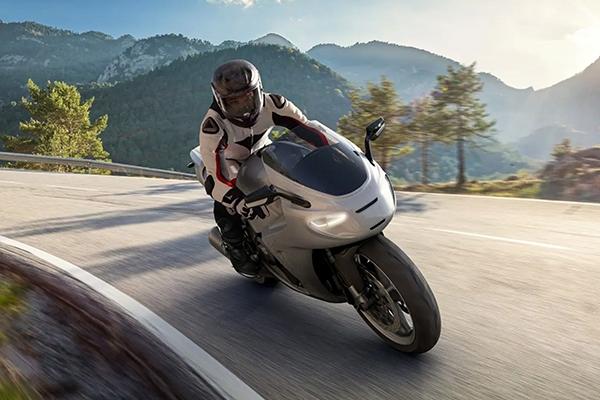
2013 – Bosch develops a motorcycle stability control (MSC)
system that supports the rider during both braking and accelerating
while either riding straight or cornering.
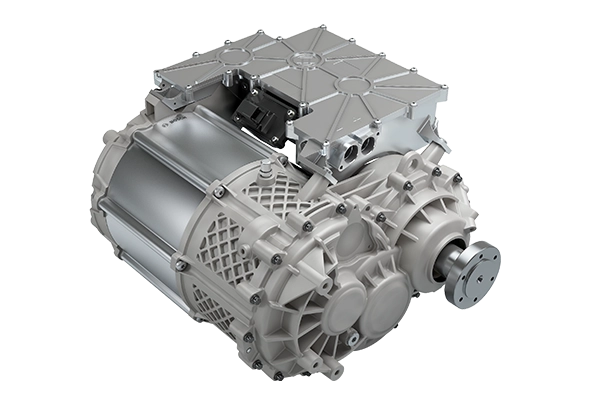
2017 – Bosch pushes out the eAxel all-in-one electrical power
train. With the combination of motor, power electronics, and
transmission all into one system, Bosch helps vehicles boost efficiency
while reducing the costs of production.
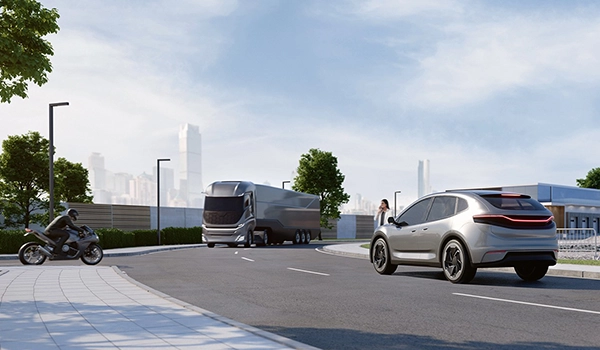
The Future of Bosch
With an expansive history of providing passionate innovation in the automotive world, Bosch will continue to be a world leader in this sector. Every year the Bosch Company works hard to achieve new goals and set new standards in car manufacturing and repair.
Previous
Next

